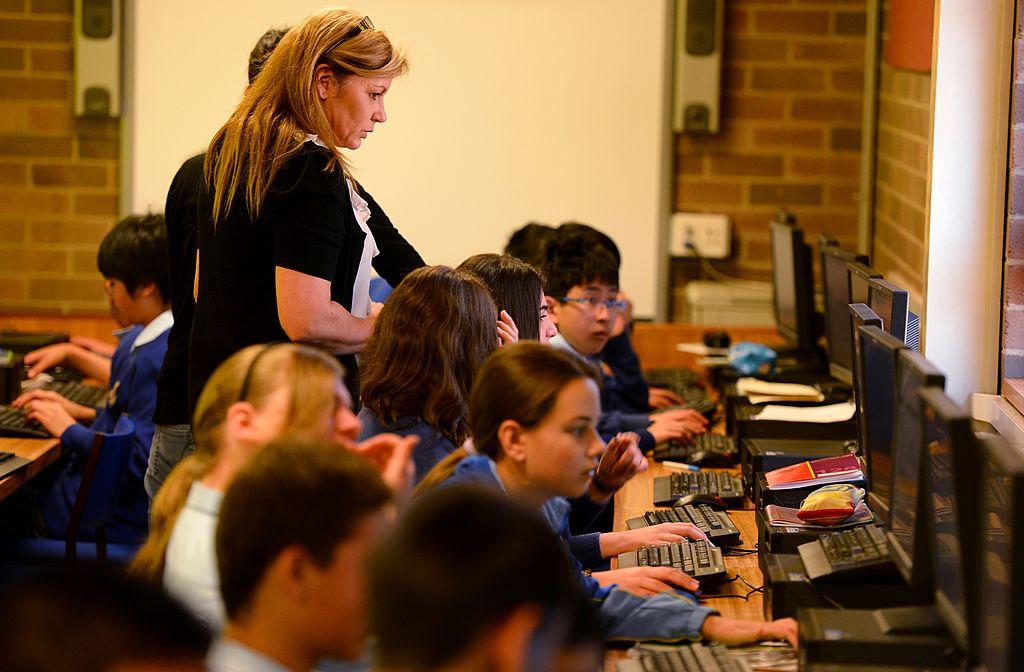Over 97,000 university staff have been underpaid by almost $159 million (US$104 million) since 2014, a report by the National Tertiary Education Union (NTEU) has found.
The most recent NTEU Wage Theft report revealed that 97,281 university employees have been underpaid $158,711,178 across 32 universities.





